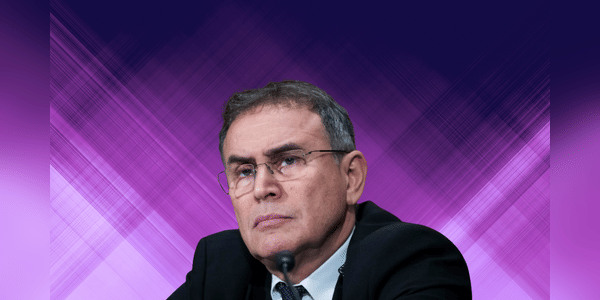Michael Burry is an absolute legend - especially with his 2008 prediction. But there is one man who predicted the crash even more accurately than Burry. And now he comes with an urgent warning. What is it?

It's Nouriel Roubini - known as Dr. DOOM. I think that says it all. But I'll break it down a little bit.
The 64-year-old economics professor at New York University and CEO of Roubini Macro Associates has shared many predictions over the years. And most of them have been so extremely pessimistic that he has earned that very nickname.
Few doomsayers have matched the legendary Burry in his career. But Roubini is one of the select few who have successfully followed him. Most of them are a laughing stock for investors and the general public. After all, scaring the apocalypse over and over again until one day it comes true is not such an art.
But Roubini wasn't often wrong. He hit both the dot-com bubble and 2008 with a pls minus . That…
Please!! note that this is not financial advice Every investment must go through a thorough analysis
This Good Information, Thank's!!!